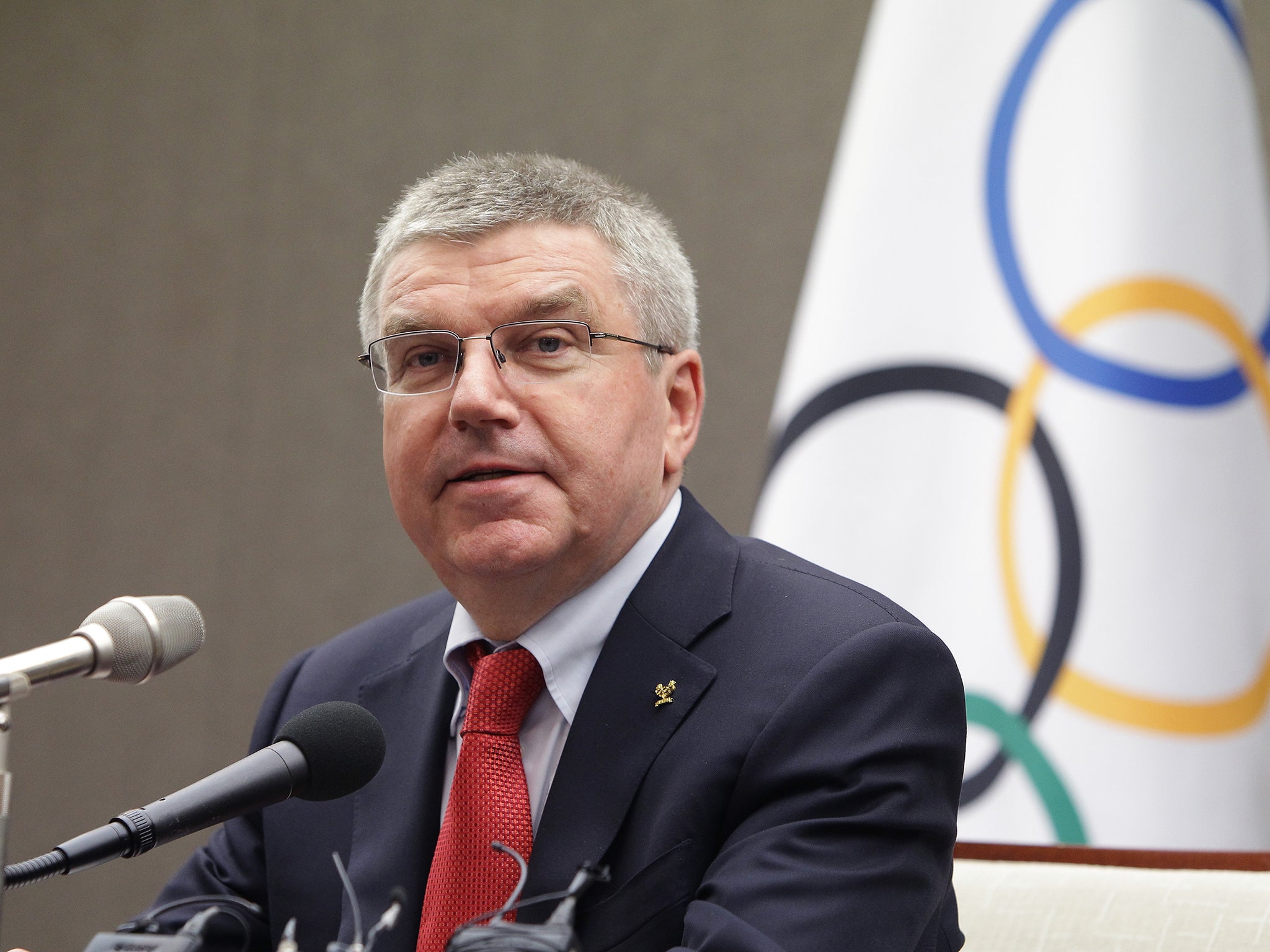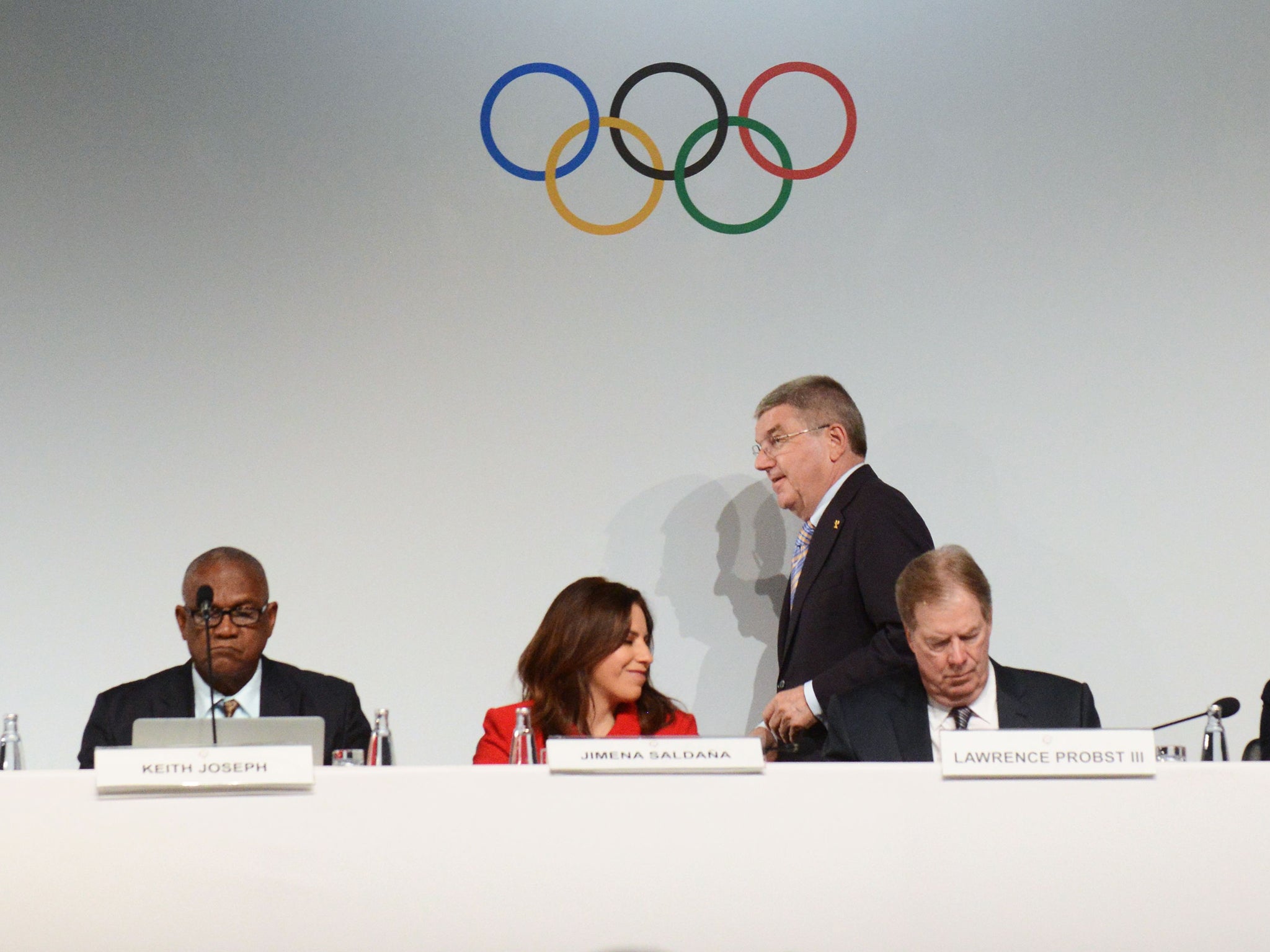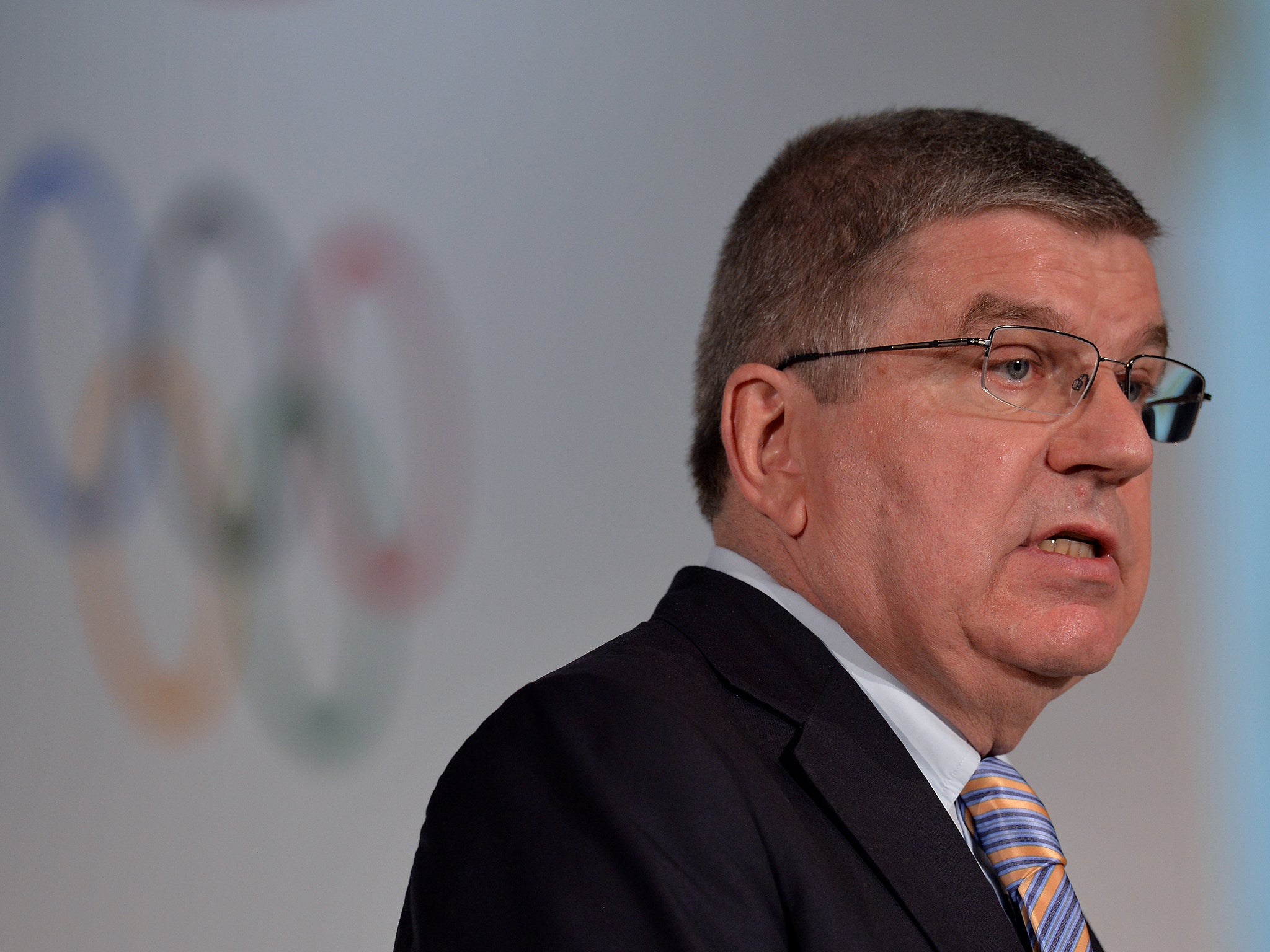Winter Olympics 2018: IOC poised to ban Russia from Pyeongchang with decision set to be announced on Tuesday
The International Olympic Committee's executive board will meet in Lausanne on Tuesday to decide what Russia's punishment should be for flagrant cheating

Olympic chiefs look likely to ban Russia from February's Winter Games in Pyeongchang over systematic doping when they meet on Tuesday.
The International Olympic Committee's executive board is gathering in Lausanne to decide what punishment the country should get for its flagrant cheating.
And the lawyer of the man who blew the whistle on that doping programme believes anything other than a ban would “embolden the cheats”.
Russia's systemic doping was brought to the world's attention over the last three years by several insiders, most notably the former director of the Moscow anti-doping laboratory Dr Grigory Rodchenkov.
Having fled to the United States in November 2015, Rodchenkov is now in witness protection and has been cooperating with investigations led by the IOC, World Anti-Doping Agency and other organisations.
Speaking to Press Association Sport from New York, his lawyer Jim Walden said he believed “too much evidence has come out” for the IOC to impose the sanction many thought was most likely earlier this year, a large fine.
“If they were to do that, it would be incredibly unwise and only embolden the cheats,” said Walden.
“What looks most likely now is that Russia will be prevented from competing officially in Pyeongchang: so no anthem, no flag. But athletes not implicated will be allowed to prove themselves clean so they can compete as individuals.”
This was the option most anti-doping agencies, including WADA, wanted before the Rio Games, only for IOC president Thomas Bach to dismiss this as a "nuclear option" with too much "collateral damage" and an affront to Olympic values.

Only athletics' world governing body the IAAF and the International Paralympic Committee took such a hard-line stance then, positions they maintain today, with Russia's national anti-doping agency also still banned by WADA.
Much has changed, though, since the summer of 2016, as Rodchenkov's version of events was first backed by a WADA investigation conducted by Canadian law professor Richard McLaren, and then corroborated by the release of his diaries and the discovery of an electronic database of every test done by the Moscow lab between 2012 and 2015.
McLaren's report in December 2016 outlined a four-year conspiracy to dope 1,000 athletes from 30 sports, as well as a plan to sabotage the anti-doping operation at the last Winter Games in Sochi, where Russia initially recorded its greatest winter medal haul of 33 medals.
Bach, however, wanted second and third opinions, so he set up two commissions to examine this evidence.
One, led by IOC member Denis Oswald, was asked to investigate individual Russians at Sochi and has so far banned 25 of them, stripping 11 medals.

And the second, fronted by former Swiss president Samuel Schmid, has looked at the state's involvement.
The latter's recommendation is the most important for Tuesday's decision and its report was handed over to the IOC executive board on Monday.
When asked for his view on what Bach would do, Walden said: “Bach cannot avoid the evidence. You would have to be blind not to see it.
“He's a professional and sensible man and, most pertinently, he's a survivor and if he fails to do the right thing, he won't survive very long.”
The decision will be announced by Bach in a press conference at 6.30pm, UK time.
PA
Join our commenting forum
Join thought-provoking conversations, follow other Independent readers and see their replies
Comments
Bookmark popover
Removed from bookmarks